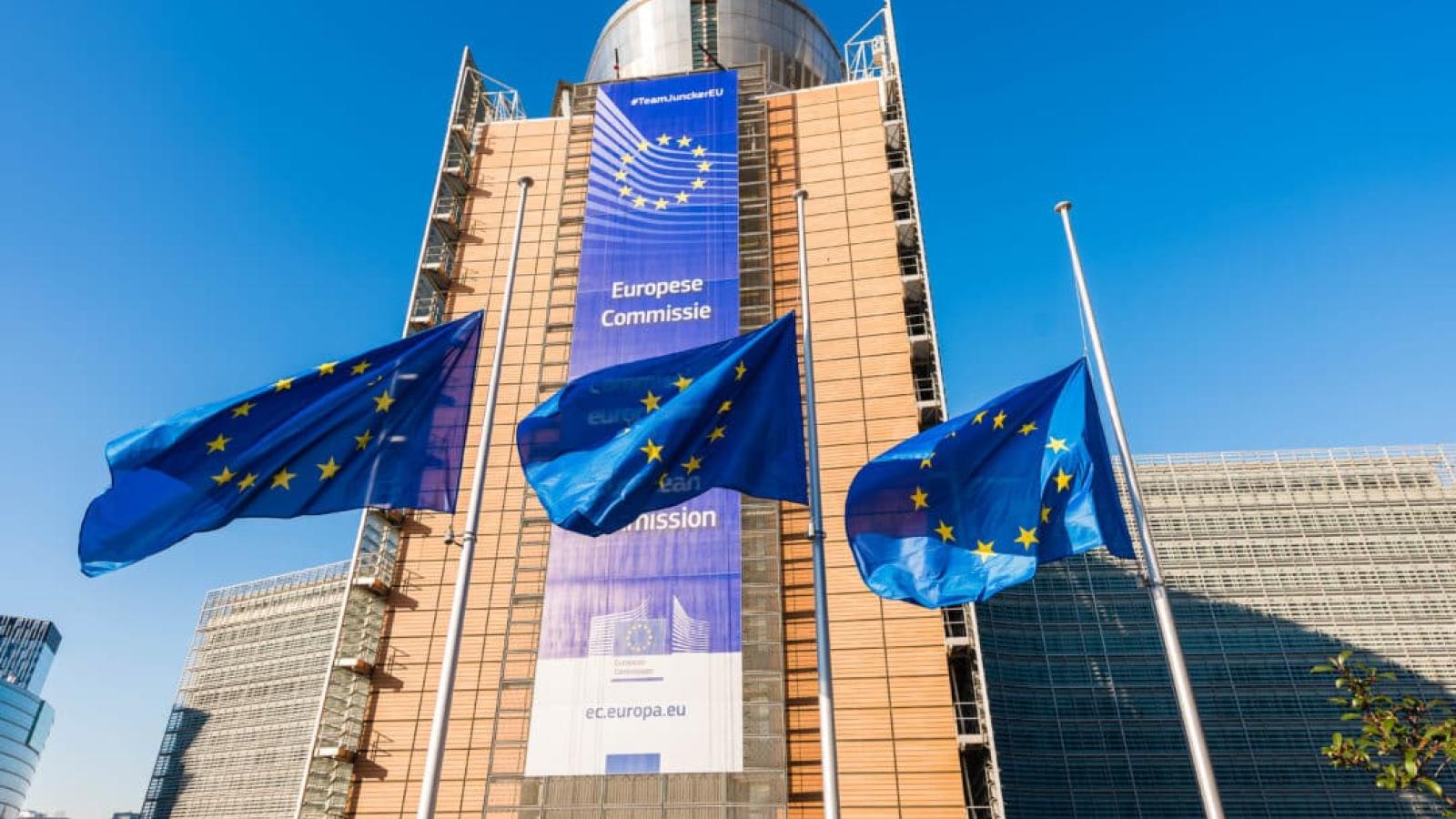
The ECGI blog is kindly supported by

The proposed Due Diligence Directive should not cover the general duty of care of directors
Articles 25 and 26 of the Corporate Sustainability Due Diligence Directive (CS3D) both concern the internal affairs of qualifying companies, particularly the internal allocation within them of certain corporate governance responsibilities. They are quite different, however, and perhaps deserve different fates.
Article 26 may arguably fall directly within the general scope of the Directive, insofar as it deals with the responsibility to establish, implement and supervise the companies’ due diligence policies. Article 25 has a much broader scope, seeking to deal with the general duty of care of directors. It appears to be an add-on to the Directive: a reflection and remnant of the Commission’s original ambition for sustainable governance.
in the absence of a genuine and convincing cost-benefit analysis, we suggest the pure and simple deletion of Article 25
Early critical review and reaction by many commentators to the two articles perhaps suggests a different treatment for each. It is our opinion that Article 26 should be maintained in substance, with major revisions to its drafting, but perhaps split up and inserted into two articles of the Directive, in which its provisions would fit more appropriately. On the contrary, in the absence of a genuine and convincing cost-benefit analysis, we suggest the pure and simple deletion of Article 25.
Article 26, expressed in two paragraphs, seems to pursue two separate objectives. Firstly, an objective linked to the allocation of powers, by assigning responsibility for establishing and supervising due diligence policy to companies’ decision-making bodies. The idea is to ensure that major due diligence decisions are taken out of the hands of lower-level employees. It is in accord with a UN Guiding principle on human rights that due diligence policy should be “approved at the most senior level of the business enterprise”. This first paragraph of Article 26 is awkwardly drafted, however. It refers to “directors” instead of designating the board of directors (lato sensu) as the body responsible for the due diligence policy. Our proposal is therefore to insert this first paragraph in Article 5 § 2 of the proposal setting up the rules for integrating due diligence into companies’ policies. It would read as follows: “Member States shall ensure that the due diligence policy is approved and, when necessary, updated by the board of directors as defined in Article 3(p)”.
The second paragraph introduces an obligation for directors to adapt not the due diligence policy, but the company’s strategy itself, particularly, one imagines, when the monitoring of the due diligence policy implementation shows that such policy appears insufficient to reduce the adverse effects on human rights and the environment along the company value chain. Our proposal aims to mitigate the constraint for directors by leaving them a margin of appreciation and to integrate the referred provisions into Article 10 of the Directive, which is dedicated to monitoring, i.e. the periodic assessment of the application of the due diligence policy. The end of Article 10 would read as follows: “The due diligence policy, and when necessary the company strategy, shall be updated in accordance with the outcome of those assessments”.
It integrates into the pursuit of the corporate interest elements corresponding to the impact of the activity on third parties and the environment, which is likely to be a major source of confusion and uncertainty.
As noted, the scope of Article 25 includes, but goes beyond, the implementation of a due diligence policy for the protection of human rights and the environment. It would require Member States to “ensure that, when fulfilling their duty to act in the best interest of the company, directors of companies referred to in Article 2(1) take into account the consequences of their decisions for sustainability matters, including, where applicable, human rights, climate change and environmental consequences, including in the short, medium and long term.” It has indeed the broader ambition to generally define (or redefine) the duty of care of the directors of large companies in the European Union. It is presented by the European Commission as a mere “clarification”, which is at best an understatement, given the major changes it may entail in some Member States’ legislation as well as in deeply rooted concepts of national company law. Article 25 refers to a concept of “company interest”, which does not exist everywhere, and to a “duty of care”, borrowed from the Anglo-Saxon tradition and interpreted differently among Member States. It integrates into the pursuit of the corporate interest elements corresponding to the impact of the activity on third parties and the environment, which is likely to be a major source of confusion and uncertainty, as a result of its vagueness and lack of precision. It may also introduce at national level a distinction between the duties of directors of large companies – covered by the CS3D – and SMEs and, considering the broad definition of companies in the Directive, a duty of care in non-corporate forms used by financial institutions falling within the scope of the Directive. Moreover, Article 25 remains silent on the link between this duty of care and the business judgment rule systems existing in some Member States or on the procedural aspects relating in particular to the right of action to sanction the violation of such a duty of care.
the utility of such a provision, which is bound to be controversial, is highly questionable
These difficulties of interpretation and the leeway that this wording offers to the judges responsible for enforcing this provision, convince us that the introduction of this pure company law text contributes little if anything to the goal of harmonisation and in any case is not best placed in a directive on duty of care. Furthermore, from a normative point of view, the utility of such a provision, which is bound to be controversial, is highly questionable. A serious impact assessment would have given such a general duty of care a more robust research foundation. The extensive legal and financial literature raises the issues of (a) the need for legislative reform to induce directors to take into consideration social and environmental factors while discharging their duty to act in the interest of their companies, (b) the impact of the law, rather than culture and character, on directors’ preferences, (c) the effectiveness of civil liability as a managerial disciplinary tool, (d) the unintended negative effects of increasing directors’ civil liability, and (e) how best to induce directors to invest optimally in compliance. Pending such an assessment, we recommend the deletion of Article 25.
----------------------------------------------
Read more from ECLE on the CSDD
- Legal certainty and the directive on Corporate Sustainability Due Diligence
- Why Article 15 (combating climate change) should be taken out of the CSDD
The European Company Law Experts Group (ECLE) is comprised of Paul Davies (Oxford), Susan Emmenegger (Bern University), Guido Ferrarini (Genoa), Paul Davies (Oxford), Klaus Hopt (Max Planck, Hamburg), Adam Opalski (Warsaw), Alain Pietrancosta (Paris), Andrés Recalde Castells (Autonomous University of Madrid), Markus Roth (Marburg), Michael Schouten (Amsterdam), Rolf Skog (Gothenburg), Martin Winner (Vienna University of Economics and Business), Eddy Wymeersch (Gent).
This article reflects solely the views and opinions of the authors. The ECGI does not, consistent with its constitutional purpose, have a view or opinion. If you wish to respond to this article, you can submit a blog article or 'letter to the editor' by clicking here.



